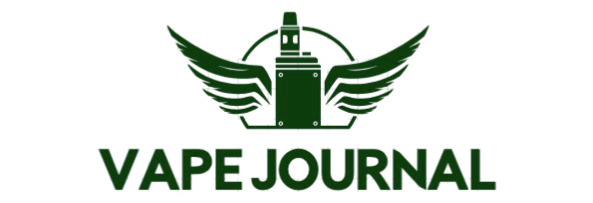Introduction
If you have seen Delta 8 THC products in stores or online, you might wonder if they are legal where you live. The answer depends on both federal and state laws, which can differ widely.
- Introduction
- Federal Law Overview
- Why State Laws Differ
- 2025 Legal Status by Category
- ✅ States Where Delta 8 Is Legal
- 🟡 States Where Delta 8 Is Regulated
- 🔴 States Where Delta 8 Is Banned or Restricted
- Why Some States Ban or Limit Delta 8
- Tips for Staying Legal and Safe
- What the Future Looks Like
- Key Takeaways
- Final Thoughts
This guide breaks down how Delta 8 fits into national regulations, explains how individual states treat it, and gives you a clear picture of where it stands in 2025. Whether you are a consumer, retailer, or simply curious, understanding the current law helps you stay safe and informed.
Federal Law Overview
The 2018 Farm Bill made hemp legal across the United States. Hemp is defined as any cannabis plant containing less than 0.3 percent Delta 9 THC by dry weight. Because Delta 8 THC can be made from hemp-derived CBD, many interpreted this as making Delta 8 legal too.
However, the situation is not that simple. Federal agencies such as the DEA and FDA have raised questions about how Delta 8 is produced. Most Delta 8 on the market is created through a chemical conversion process from CBD, which some regulators consider synthetic.
In short, federally, hemp-derived Delta 8 is not explicitly banned, but it exists in a gray area that depends heavily on state enforcement and interpretation.
Why State Laws Differ
Each state has the power to regulate hemp and cannabis within its borders. As a result, Delta 8 is treated differently from one state to another.
Some states classify it under hemp laws, allowing adult use and sales. Others regulate it like cannabis, requiring licensing, testing, and strict limits. A few have banned it entirely, citing safety and purity concerns.
This patchwork of rules means a product that’s legal in one state could be illegal just a few miles away.
2025 Legal Status by Category
✅ States Where Delta 8 Is Legal
These states allow Delta 8 THC sales under hemp regulations. Products must usually contain less than 0.3 percent Delta 9 THC and are available to adults over 21.
Examples include:
Florida, Illinois, Indiana, Missouri, Pennsylvania, and Texas.
These states may still have lab testing or packaging requirements, but Delta 8 remains largely available to consumers.
🟡 States Where Delta 8 Is Regulated
Some states allow Delta 8 but require stricter controls, such as state licensing, age verification, potency limits, or product registration.
Examples include:
California, Connecticut, Louisiana, Michigan, and Minnesota.
These states often require Delta 8 to be sold through approved dispensaries or under cannabis program guidelines.
🔴 States Where Delta 8 Is Banned or Restricted
A number of states have banned Delta 8 entirely or placed heavy restrictions on its production and sale. In these states, possessing or selling Delta 8 may be treated similarly to marijuana violations.
Examples include:
Alaska, Colorado, Delaware, Idaho, Iowa, Montana, New York, North Dakota, Rhode Island, Utah, Vermont, and Washington.
Before purchasing Delta 8 online, always check whether your shipping address is within a restricted state.
Why Some States Ban or Limit Delta 8
The reasons behind state restrictions vary, but common concerns include:
- Production methods: Many Delta 8 products are made through chemical conversion, which can leave behind impurities if not done properly.
- Product safety: Unregulated markets sometimes produce items with inaccurate potency or harmful additives.
- Overlap with cannabis laws: In states that already have recreational marijuana, regulators may prefer Delta 8 to fall under their existing cannabis control systems rather than operate separately.
In many cases, bans are less about Delta 8 itself and more about ensuring safety and quality standards.
Tips for Staying Legal and Safe
Because the legal landscape is still changing, it’s important to be proactive and informed.
Here are a few steps to stay on the right side of the law:
- Check your state’s current rules before purchasing or traveling with Delta 8 products.
- Buy from reputable brands that provide lab test results and full transparency.
- Avoid crossing state lines with Delta 8 if the destination state has restrictions.
- Store your product responsibly and out of reach of minors.
- Stay updated as new legislation or federal guidance may change the situation quickly.
What the Future Looks Like
The future of Delta 8 THC in the United States will likely depend on how federal and state lawmakers continue to define and regulate hemp products.
Some experts predict that all psychoactive hemp derivatives may be placed under uniform national regulations, while others believe states will continue to set their own independent rules. Either way, the next few years will bring more clarity — and possibly more restrictions — as lawmakers respond to the growing popularity of Delta 8 products.
Key Takeaways
- Delta 8 THC remains legal at the federal level when derived from hemp, but state laws vary widely.
- Some states allow it freely, others regulate it under strict conditions, and a few have banned it outright.
- The best way to stay safe is to check your local laws before buying or traveling with any Delta 8 product.
- Always purchase from trusted companies that provide third-party lab reports and follow safety standards.
Final Thoughts
Delta 8 THC continues to spark debate across the United States. For consumers, the most important thing is to stay informed, buy responsibly, and understand the laws that apply in your state.
While the legal landscape may change, one fact remains constant — knowledge is your best protection.



